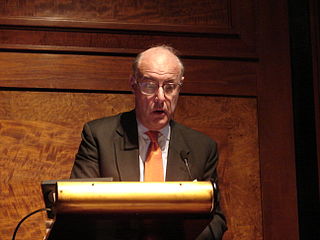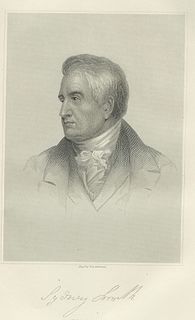A Quote by Sheldon Whitehouse
Most every young man either takes inspiration from his father or wishes he could. I was fortunate in that I could.
Related Quotes
A young man who came from Columbus, Ohio and made it, and who wants every other young man and young woman, black or white, to know that if I could do it, they could do it. Me and my fans grew up together, and I believe they know I'm a walking billboard and proof of that. That's what I see when I look in the mirror.
My father left me with the feeling that I had to live for two people, and that if I did it well enough, somehow I could make up for the life he should have had. And his memory infused me, at a younger age than most, with a sense of my own mortality. The knowledge that I, too, could die young drove me both to try to drain the most out of every moment of life and to get on with the next big challenge. Even when I wasn't sure where I was going, I was always in a hurry.
And the rules were so clear, you could not deviate from that all. And I think it especially damaged my sisters because there was nothing they could do to get my father's attention, to win his approval. They could not play sports. They could not do these other things. They could not be tough. They could not be macho. And so I think they suffered just from sheer neglect if nothing else.
Lord Beaverbrook was fundamentally a lonely man, with a low sense of his own self-worth, who was incapable of forming a stable, loving relationship with anyone. He could charm or he could bully; he could give or he could take; he was glad to see his guests arrive and pleased to see them go. Although many people genuinely loved him, he was incapable of believing that this was either possible or true. No wonder he was so restless, so impatient, so vindictive, so quick to lose his temper, so eager to stir things up.
I could really appreciate him now - could properly see every beautiful line of his perfect face, of his long, flawless body with my strong new eyes, every angle and every plane of him. I could taste his pure, vivid scent on my tongue and feel the unbelievable silkiness of his marble skin under my sensitive fingertips.

































